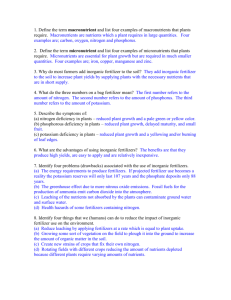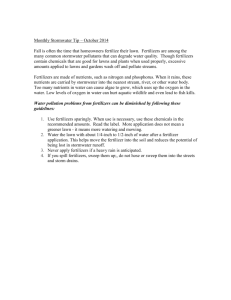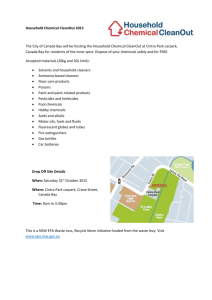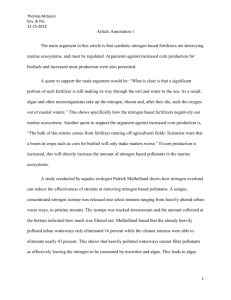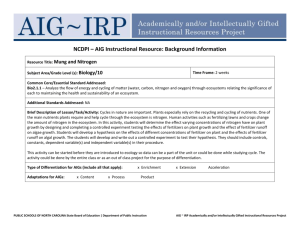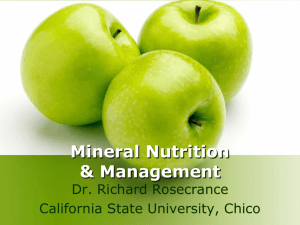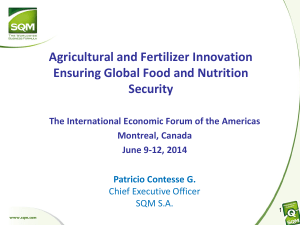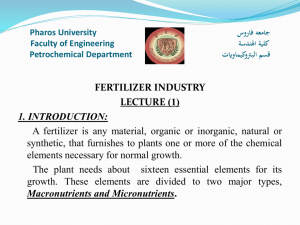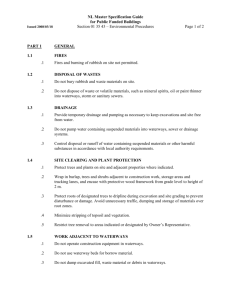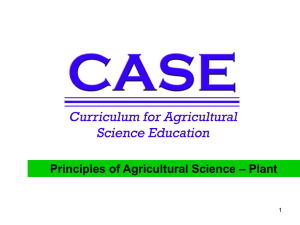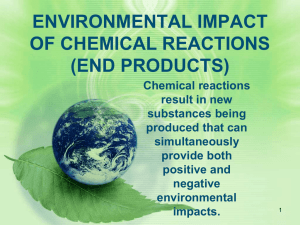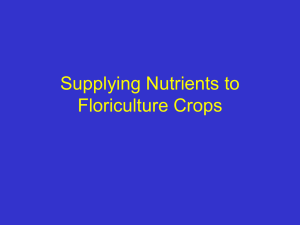household cleaning products
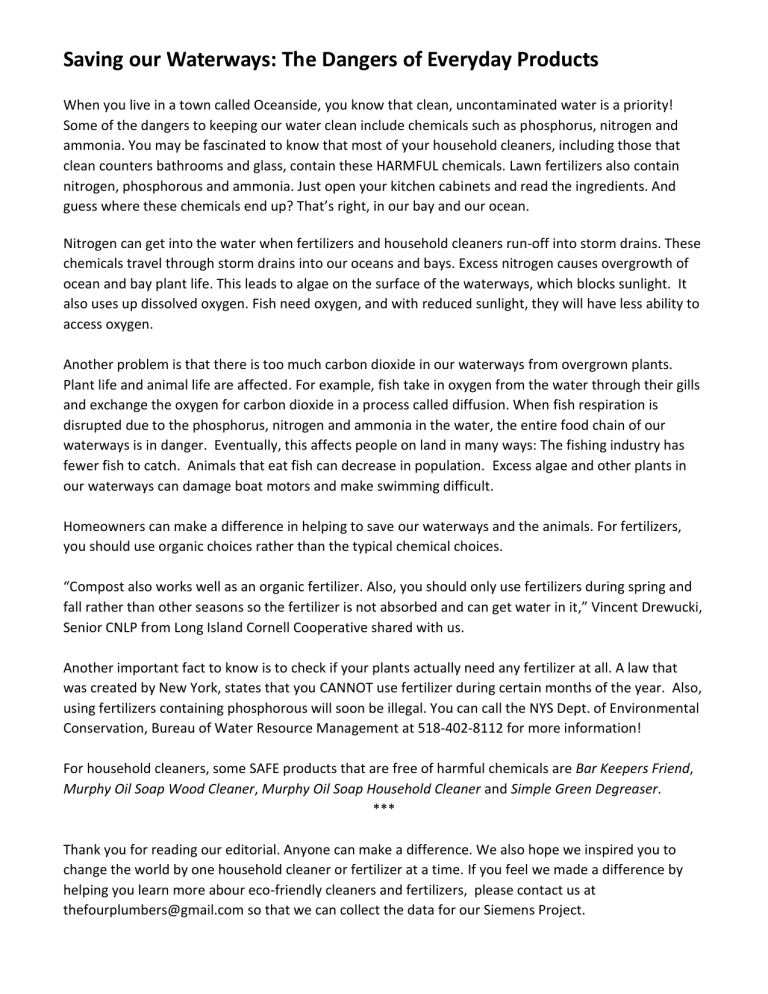
Saving our Waterways: The Dangers of Everyday Products
When you live in a town called Oceanside, you know that clean, uncontaminated water is a priority!
Some of the dangers to keeping our water clean include chemicals such as phosphorus, nitrogen and ammonia. You may be fascinated to know that most of your household cleaners, including those that clean counters bathrooms and glass, contain these HARMFUL chemicals. Lawn fertilizers also contain nitrogen, phosphorous and ammonia. Just open your kitchen cabinets and read the ingredients. And guess where these chemicals end up? That’s right, in our bay and our ocean.
Nitrogen can get into the water when fertilizers and household cleaners run-off into storm drains. These chemicals travel through storm drains into our oceans and bays. Excess nitrogen causes overgrowth of ocean and bay plant life. This leads to algae on the surface of the waterways, which blocks sunlight. It also uses up dissolved oxygen. Fish need oxygen, and with reduced sunlight, they will have less ability to access oxygen.
Another problem is that there is too much carbon dioxide in our waterways from overgrown plants.
Plant life and animal life are affected. For example, fish take in oxygen from the water through their gills and exchange the oxygen for carbon dioxide in a process called diffusion. When fish respiration is disrupted due to the phosphorus, nitrogen and ammonia in the water, the entire food chain of our waterways is in danger. Eventually, this affects people on land in many ways: The fishing industry has fewer fish to catch. Animals that eat fish can decrease in population. Excess algae and other plants in our waterways can damage boat motors and make swimming difficult.
Homeowners can make a difference in helping to save our waterways and the animals. For fertilizers, you should use organic choices rather than the typical chemical choices.
“Compost also works well as an organic fertilizer. Also, you should only use fertilizers during spring and fall rather than other seasons so the fertilizer is not absorbed and can get water in it,” Vincent Drewucki,
Senior CNLP from Long Island Cornell Cooperative shared with us.
Another important fact to know is to check if your plants actually need any fertilizer at all. A law that was created by New York, states that you CANNOT use fertilizer during certain months of the year. Also, using fertilizers containing phosphorous will soon be illegal. You can call the NYS Dept. of Environmental
Conservation, Bureau of Water Resource Management at 518-402-8112 for more information!
For household cleaners, some SAFE products that are free of harmful chemicals are Bar Keepers Friend,
Murphy Oil Soap Wood Cleaner, Murphy Oil Soap Household Cleaner and Simple Green Degreaser.
***
Thank you for reading our editorial. Anyone can make a difference. We also hope we inspired you to change the world by one household cleaner or fertilizer at a time. If you feel we made a difference by helping you learn more abour eco-friendly cleaners and fertilizers, please contact us at thefourplumbers@gmail.com so that we can collect the data for our Siemens Project.
Written by Oceanside Project Extra Sixth Graders Chris Kucharnik, Hunter Pitkowsky, Michael Jager, and
Daniel Khaykin who are sixth grade Oceanside Project Extra students. They are involved in the Siemens
We Can Change the World Challenge which is the premier national environmental sustainability competition for grades K-12 students. Through project-based learning, students learn about science and conservation while creating solutions that impact their planet.
